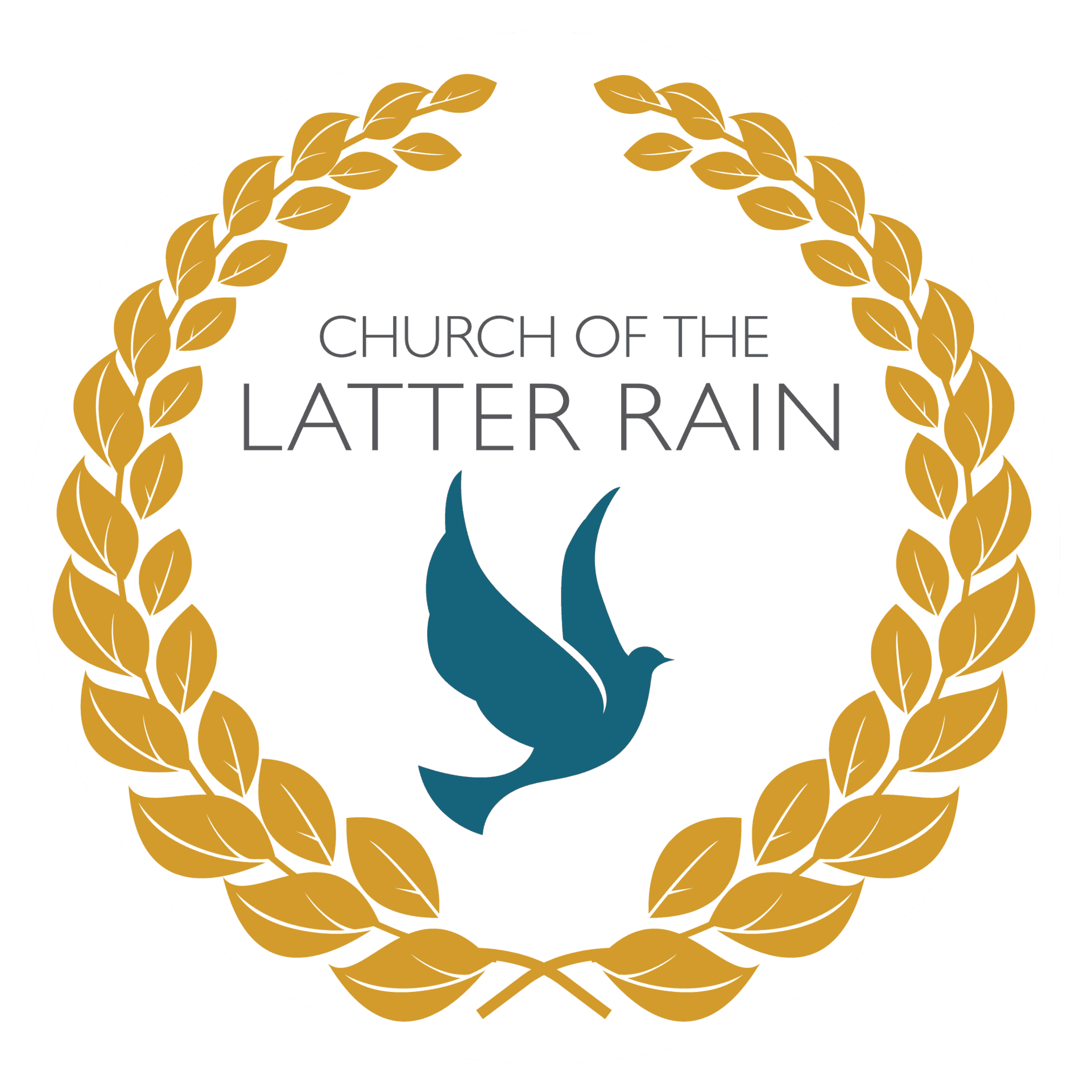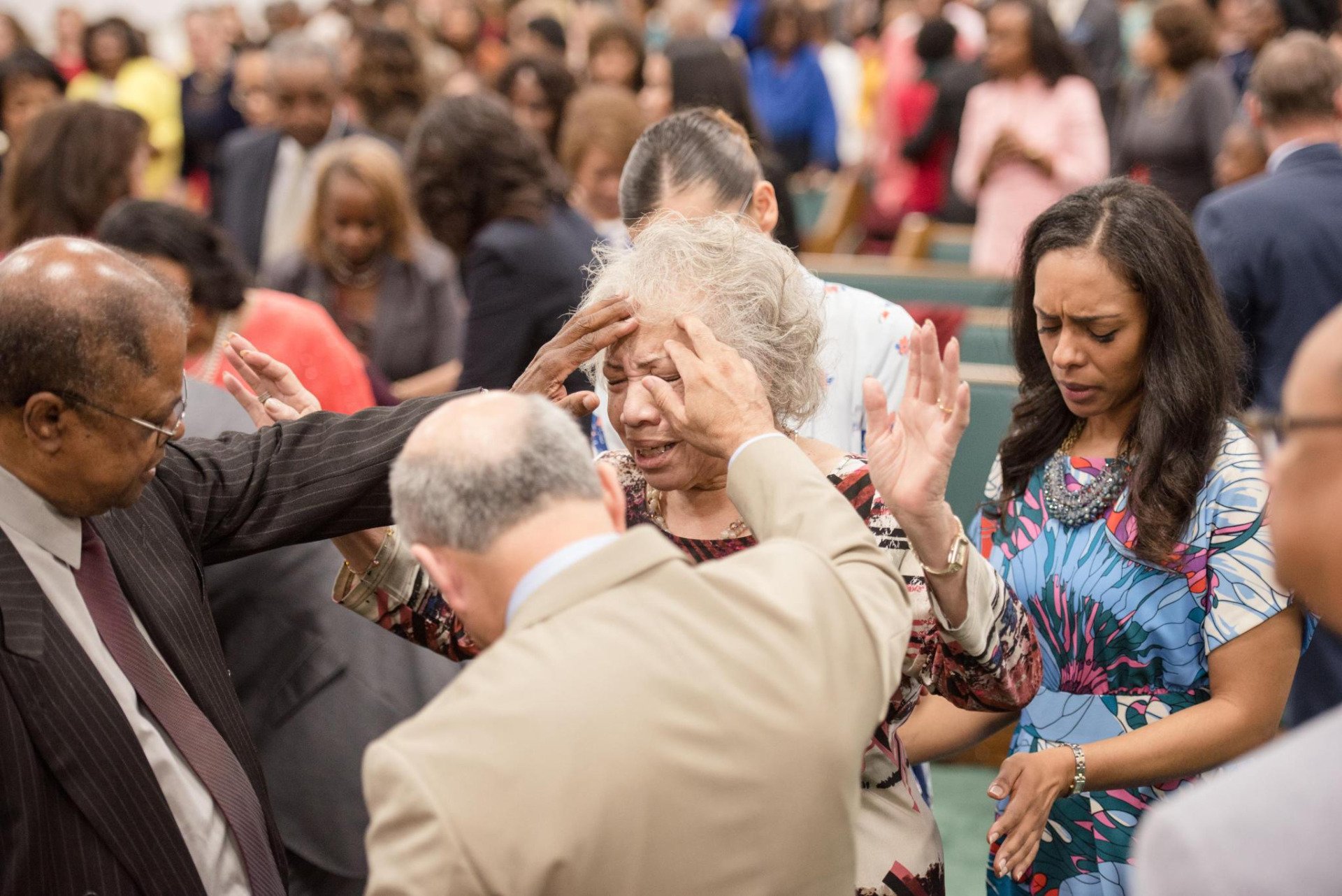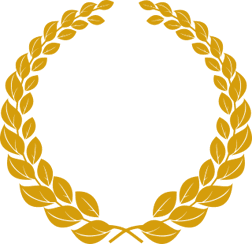Our Core Beliefs
OVERCOMING PERSECUTION
The Bible gives many examples of Jesus and the Early Church being persecuted by misguided people. Persecution came in the form of rumors and lies, physical affliction and unjust judgments.
Despite these circumstances, a church was established and flourished for many years. With the help of God, Jesus overcame persecution as did the Early Church.
The Church of the Latter Rain has faced many persecutions and has dealt with them according to the scriptures. If our vision is to build a church like the Early Church, we can only expect to face some of the same challenges that they did.
JESUS' PERSECUTION
Biblical history tells us that it all started around 4 B.C. when a child was born in Bethlehem. The child Jesus was sent here to accomplish three things:
The Lord Jesus was so concerned about the leadership of His church that He hand picked twelve men through the guidance of his Father. After the replacement of Judas Iscariot with Matthias there were twelve spiritual sticks of dynamite that exploded on the scene in Jerusalem. It was A.D. 29 and the world would never be the same. Right in the midst of one of the greatest empires ever created, the Lord established His kingdom with its own leadership, order, and culture. The Lord’s Church was here and it was filled with great power, might, and spiritual determination.
The Early Church became a platform for the Lord to showcase the handiwork of his glory. For the first time in history a church was on the scene that had been given spiritual gifts to assist the church and the lives of the people they would impact. The church was filled with astonishing healings, miracles and testimonies of men who possessed understanding and wisdom not seen since the days of Solomon. Blinded eyes were restored, the lame began to walk, and the deaf began to hear. From the healing at the gate called “Beautiful” to the powerful covering of God witnessed when a viper bit Paul and yet he was unharmed, the Lord was with the Early Church until the very end. Despite the undeniable evidence of God’s support of his Son Jesus Christ and the church that He built, there were always individuals who despised what God was doing and even attempted to resist his will. From Jesus’ birth until his death he was lied on, discredited, and unbelieved.
THE EARLY CHURCH PERSECUTION
(Born and Raised in the Fire)
The Lord Jesus warned the twelve before his departure that as the world hated him it would also hate them. He forewarned them of enemies that would arise and of people who would be wolves in sheep’s clothing. Without controversy he warned the twelve that the truth would always be resisted and despised by someone. This was never more evident than with Jesus who not only told the truth, but also was truth himself in the flesh. As prophesied by Christ, the Early Church was persecuted, lied on, and resisted by many (Acts 28:22).
PERSECUTION TODAY
As you can see God’s son and His church have always been lied on, rumored against, and vehemently persecuted (II Peter 2:1-2). It is with this understanding that we more cheerfully accept our destiny to experience some of the same treatment by individuals who have been misguided and have lost their way. In addition, we expect some people to have negative comments when they are corrected for improper conduct, are mentally unstable, or when something meaningful for God is being done. It is unfortunate that when people hear lies and rumors, they often don’t have a chance to hear the whole story and even assess the credibility of the speaker. Although we have found defending ourselves unnecessary, time would fail us to mention some of the items that we have in our possession listed below:
Letters on file of the unchristian-like conduct of individuals who when corrected got upset and gave their life to trying to discredit our churches.
However, we are most amazed by some of the things that we have heard about ourselves from people who have never even attended our churches.
WHAT IS A CULT?
Since many unlearned individuals today are lured in by so many who claim to know about churches and seek to judge one church to be normal and another to be a cult, we would like to define what a cult is. Webster defines a cult as “a quasi-religious group, often living in a colony, with a charismatic leader who indoctrinates members with unorthodox or extremist views. A devoted attachment to, or extravagant admiration for, a person, principle, or lifestyle...” According to this definition was Jesus Christ a cult leader? Was Jesus Christ a charismatic person? Did Apostle Paul indoctrinate people with extremist views in the time that he lived? Did people admire the twelve apostles and seek to live by their principles and lifestyle? What is an extremist view? Was it an extreme view when the early Europeans decided to overthrow the Native Americans and start a new America? Was it an extremist view when Dr. King proclaimed his dream to see children of all races joining hands in the 60s? Was it an extremist view when Mahatma Gandhi sought to bring peace between the Hindus and the Muslims of his time? Was it an extremist view when John F. Kennedy so eloquently asked America to ask what they could do for their country, instead of what their country could do for them? As you can see by Webster’s definition there could be, and could have been many defined as a cult. In fact, our government, our military, and even our local social clubs may be in danger of being a cult by this definition.
CHURCH LEADERSHIP
Our churches have a solid leadership of elders in several states and multiple cities throughout America and overseas. These elders work together to care for the needs of the people in distinct harmony with the pattern and example left by the Early Church. We have been taught that “a one man rule” is a “dangerous rule,” and as a result our churches are operated by a unified brotherhood of elders with a united vision. It is our desire to do all things according to the scriptures, realizing that the scriptures is our safety. Our humble request for all who seek to understand us is to judge us by the scriptures (by the Early Church), otherwise you will judge us by opinion, perceptions, and at worse a rumor. Unlike so many churches of the past that were built into one man, our assemblies are built into Christ and because of this, there is great safety and comfort. As Paul stated in I Corinthians 3:11, "For other foundation can no man lay than that is laid, which is Jesus Christ.”
DIVERSITY IN THE CHURCH
Our churches have been around for almost 50 years and are filled with common people of all walks of life and from almost every nation, ethnicity, and social status. From top-notch executives, to common, hard working truck drivers, we are honored to have such a diverse cross-section of “free thinking” people. Our church emphasizes receiving a personal revelation and often admonishes our congregants to not attempt to convince or be convinced by anyone to come or stay in our churches. It is our opinion that if someone can talk you into coming or staying in our churches then someone can talk you into leaving. However, if God shows you that this church is where you need to be to grow as a spiritual Christian, there is nothing that anyone can do to take that away from you.
THE CORINTHIAN CHURCH
Finally, we are no different than the Corinthian Church. We teach divine order, but we have people that are common and face the problems of all humans bound by gravity and dependent on oxygen. We face the same problems that the rest of society faces. Nevertheless, the church of God was created to address the problems of the present and not just celebrate past victories. Like the church at Corinth, we are confronted with new challenges all of the time and are thankful that we have a leadership and a team of dedicated saints that have been able to rise above challenges and persevere through life’s obstacles. In the Church of Corinth there was a mixture of everything. There was envy, jealousy, division, immorality, and confusion present in the Corinthian Church. Not only that, when we take a detailed trip through the book of I Corinthians we see troubles on every side.
Below are just some of the problems that were evident:
- Chapter 1: Paul begs the brethren to work in unity and have no division among them.
- Chapter 2: Paul instructs the church of the importance of becoming more spiritual.
- Chapter 3: Paul addressed the church’s growth level and called them carnal. He went on to mention that the church had envy, strife, and division among them. Some went as far as choosing who was their favorite minister between Paul and Apollos.
- Chapter 4: Individuals tried to judge Paul and as a result he stated, “it is a small thing that I be judged of you…”
- Chapter 5: Paul had to address a situation where a man had his father’s wife and as a result had to be disfellowshipped.
- Chapter 6: Paul had to address saints in the church who were going to law against each other because they could not resolve things amongst themselves.
- Chapter 7: Paul addressed the laws of marriage because of marital problems that had increased in the church.
- Chapter 8: Paul had to address people who had differences about eating various types of meat.
- Chapter 9: Paul had to address people who questioned his Apostleship.
- Chapter 10: Paul addressed people who were eating things that were offered to idols.
- Chapter 11: Paul had to address problems of people taking the Lord’s supper lightly, while not being spiritual enough to understand what it really meant.
- Chapter 12: Paul had to teach the church to think as a body because there was too much separation amongst them.
- Chapter 13: Paul had to emphasize the importance of charity to keep the church focused.
- Chapter 14: Paul had to address church order because people were being disorderly in the church services at Corinth.
- Chapter 15: Paul had to address the subject of the resurrection because there were men who were promoting that Paul’s teachings on the resurrection were invalid.
Despite all of these challenges the Corinthian church was still the true Body of Christ and they were deeply rooted in the order of God. Many have asked if we feel that we are the only church. We often like to emphasize some things to them. First, we must come to see that the Lord only has one church, which is the Body of Christ. Is Christ divided? Our churches are dedicated to operating in an order that would qualify us to call ourselves a part of the Body of Christ and we have an obligation to fellowship with any church that bears the same commitment in truth. Just because a church calls itself a church or even the Body of Christ, doesn’t mean it is recognized by God. In fact, there were many religious denominations in existence while Jesus was establishing the Body of Christ. Could you be a Pharisee in Jesus time and be a part of the Body of Christ? How about a Sadducee? Do you think those denominations which persecuted Jesus at every opportunity were still just in the eyes of God? With this in mind, we must ask if you could not be in a religious denomination in the days of Jesus and still be in the Body of Christ; then, how could you be in a religious denomination and still be in the Body of Christ today? Is God's church organization or an organism?
If you came to the Corinthian Church looking for problems, you would have definitely found them. However, Jesus forewarned the twelve, years before the Corinthian Church, that “the pure in heart” would see God. If you came to the Corinthian Church with a pure heart you would have seen the manifestations of God. Likewise, when you come to the Body of Christ today you will see God working mightily and yet there will be some who don’t receive the truth, and will manifest this in their conduct and behavior. Nevertheless, the true Body of Christ will continue to persevere through all of its trials, tribulations and persecutions. There are many counterfeit churches that exist today, however wherever there is “a counterfeit” there must be “a real”. Although there will be intense persecutions someone must still ask the question, “will the real Body of Christ please stand up!”






















